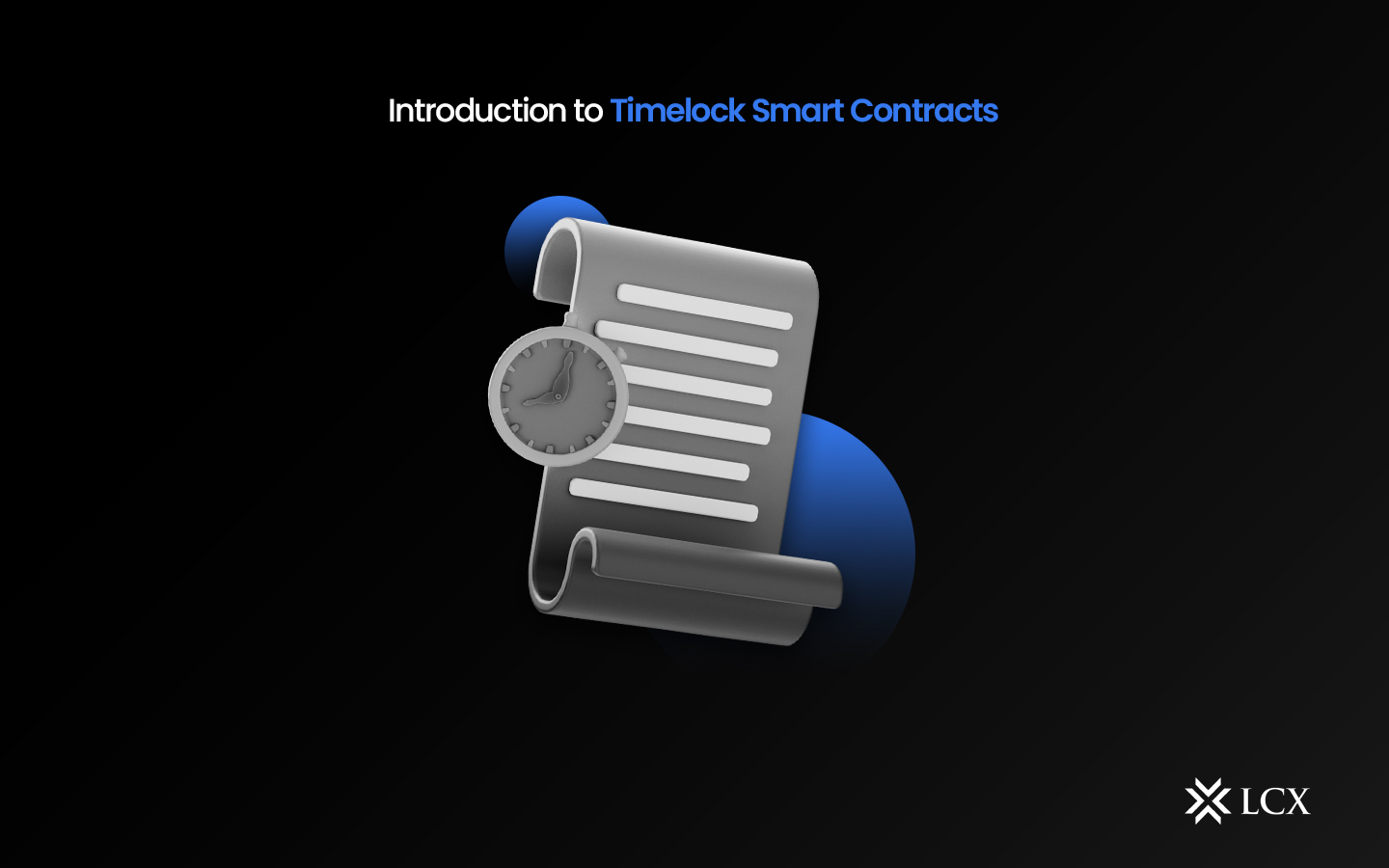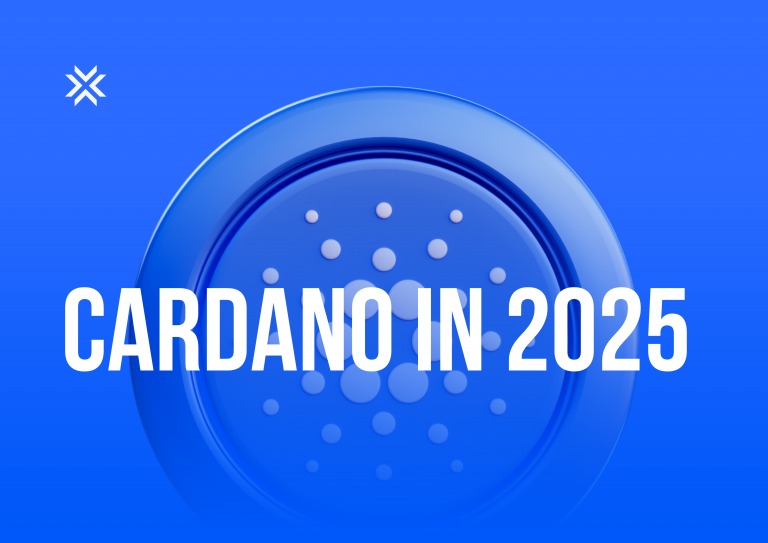Security and immutability are the two most essential characteristics of blockchain technology. Within the blockchain technology realm, smart contracts have emerged as one of the most important instruments for assuring the use of blockchain technology across a variety of use cases. In recent times, the concept of a timelock smart contract has emerged as a prominent feature of the crypto and Web3 landscapes.
The timing of particular transactions is one of the most prominent examples of the blockchain security associated with smart contracts. For instance, auction contracts may stipulate that proposals must be submitted within a specific timeframe. In addition, an ICO can restrict users’ ability to transmit newly acquired tokens for a period of time. In both instances, there is an example of a timelock contract, which restricts certain smart contract capabilities for a specific period of time. This article provides detailed information on securing smart contracts and the fundamentals of timelock contracts.
Definition of Timelock Contracts
Timelock smart contracts, also known as time-based or delayed contracts, are a specialized type of smart contract that introduces a delay or time-based constraint on the execution of certain actions or transactions. Unlike regular smart contracts that execute instantly, timelock contracts impose a waiting period before a specific operation can be performed.
Typically, timelock contracts are programmed with a predetermined time delay, during which users cannot execute the specified action. This waiting period serves as a crucial mechanism to ensure transparency, security, and protection against malicious activities or hasty decision-making.
Complexity of Timelock Contracts
The function modifiers represented the additional code necessary to modify the functionality of contracts. The ‘if…then’ can be used as the default option for timelock smart contracts. Alternatively, even complex types of function modifiers can be used in timelock contracts. The timelock contract use cases for administering smart contracts can aid in the comprehension of timelock contracts’ complexity.
Timelocks, which aid in the administration of smart contracts, can enable the queuing and delayed execution of function calls. The timelocks with scheduling-and-execute functionality can facilitate the asynchronous execution of smart contract administrative operations.
By contacting the timelock contract, proposers can assume responsibility for planning maintenance operations. In addition, the proposers must pass the target contract’s address as a function argument alongside other crucial information. Executors, on the other hand, are responsible for activating timelock contracts for contacting target smart contracts after the delay period has elapsed. Such variants of timelocks ensure that the proposer’s and executor’s responsibilities can be distributed to multiple individuals, thereby promoting efficiency and decentralization. In addition, timelocks operate to delay function execution by imposing restrictions on function calls.
Another variation of timelock contracts emphasizes the function of timelocks as administrators of one or more smart contracts. The operations of a protocol are governed by smart contracts under the administrator’s supervision. This form of timelock smart contract has the sole authority to invoke administrative functions, such as modifying the parameters of transaction fees or minting tokens. In the crypto and Web3 communities, interest in timelock smart contracts is consistently expanding due to their security benefits.
Applications of Timelock Smart Contracts
Token Vesting and Token Distribution: Timelock contracts are widely utilized for token vesting and distribution purposes. By implementing a timelock mechanism, project teams can lock up a certain portion of tokens, preventing them from being accessed or transferred for a specific duration. This approach is often used in initial coin offerings (ICOs), fundraising campaigns, and team token allocations to ensure fair distribution and prevent token dumping.
Governance and Protocol Upgrades: Timelock smart contracts play a pivotal role in decentralized governance models. They enable token holders to propose and vote on protocol upgrades or parameter changes. By incorporating a timelock delay, stakeholders have time to review proposed changes and voice their opinions, reducing the risk of rushed or contentious decisions.
Security Enhancements: Timelock contracts act as a security layer by imposing a waiting period for critical operations. For example, in decentralized finance (DeFi) platforms, timelocks can be used to safeguard users’ funds by enforcing a delay before significant changes, such as altering contract logic, upgrading protocol versions, or modifying crucial parameters, can take effect. This delay provides users with an opportunity to react or withdraw their funds if they deem the changes unfavorable.
Benefits of Timelock Smart Contracts
Protection against Human Error: Timelock contracts mitigate the risk of human error by introducing a grace period. This additional time allows developers, auditors, and users to identify and rectify potential vulnerabilities or bugs before executing critical operations.
Enhanced Security and Transparency: The implementation of a timelock mechanism promotes trust and transparency within decentralized ecosystems. It ensures that changes to protocols or token transfers are visible and subject to community scrutiny, reducing the likelihood of malicious activity.
Decentralized Decision-Making: Timelock contracts facilitate democratic decision-making processes within decentralized networks. By enforcing a waiting period, all stakeholders have an equal opportunity to review and assess proposed changes, providing a fair and inclusive governance structure.
Challenges and Considerations
While timelock smart contracts offer numerous benefits, they also come with certain challenges and considerations:
Flexibility vs. Rigid Governance: Striking a balance between flexibility and rigid governance can be a delicate task. Excessive timelocks or overly extended waiting periods may hinder innovation and hinder the ability to respond swiftly to market demands.
Timelock Exploitation: In some cases, malicious actors may attempt to exploit vulnerabilities during the waiting period. Smart contract developers must be diligent in ensuring the robustness and security of timelock implementations to minimize such risks.
Trust in Developers: Timelock contracts rely on the expertise and integrity of developers. Users must place their trust in the developers’ ability to create secure and well-audited timelock implementations.
Conclusion
Timelock smart contracts offer a valuable mechanism for enhancing security, governance, and decision-making in blockchain networks. By imposing a delay on critical operations, timelocks provide stakeholders with transparency, protection against human error, and the opportunity for democratic participation. However, careful consideration must be given to striking a balance between flexibility and rigid governance, and developers must ensure the robustness and security of timelock implementations. As blockchain technology continues to evolve, timelock smart contracts will undoubtedly play a pivotal role in shaping the future of decentralized ecosystems, providing a solid foundation for trust, security, and decentralized decision-making.










